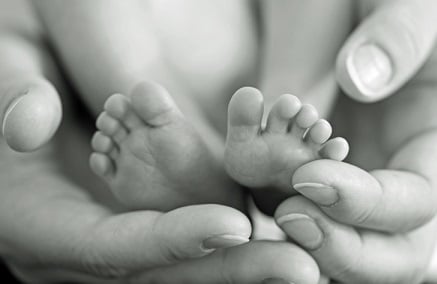
Firm aims to help ease new mothers into parenthood, says executive

Starting July 1, Maybank will extend its enhanced parental and sabbatical leave benefits to employees in Singapore, the firm has announced.
Eligible female employees can apply for additional two months’ leave with half-pay, and another six months’ leave without pay on top of the existing 16 weeks of maternity leave with full pay.
Given that women comprise 60% of the bank’s workforce, this enhancement “will hopefully help them to ease into parenthood, and give them time to find a good balance between their family and work commitments by the time they return,” said Wong Keng Fye, Maybank Singapore’s head of human capital as quoted by Today Online.
Maybank is extending the benefit to all new mothers regardless of the child’s nationality – although under Ministry of Manpower (MOM) guidelines, mothers of non-Singaporean children are only entitled to 12 weeks’ leave. Meanwhile, male employees will keep the existing plan of two calendar weeks of paid paternity leave.
Recently, other banks have also come through with additional family-centered benefits. Standard Chartered Singapore rolled out last April a 20-week paid maternity and adoption leave for its female employees.
Maybank employees will soon be granted the option of applying for sabbatical leaves ranging from 2-24 months. Employees who qualify for the leave will continue to receive benefits such as medical coverage, and will have an opportunity to return to work in the bank after the leave.
In addition, employees who are struggling to juggle work and other commitments – family or studies – can also request for flexible and part-time work arrangements.
“As our employees grow with us, we recognise that they may need to take some time out to recharge personally or professionally, or tend to family issues such as caregiving or procreation,” said Wong. “This also supports lifelong learning, since they can use the time away to further their studies to help them stay employable.”
Striking a “balance between work and family” is the biggest challenge facing women in paid jobs, according to a large-scale survey of by the International Labour Organization (ILO) and Gallup. Both men and women in the vast majority of countries and territories surveyed said so.
The ILO also mentioned that paternity leave may benefit women, as increased participation of men in household activities allows women to better balance professional priorities.